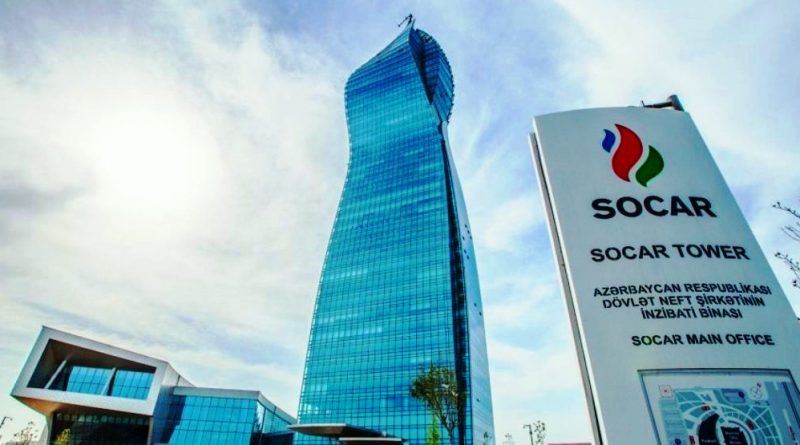Alternative oil supplies and infrastructure projects
 The situation has not changed
The situation has not changed

By Anatol Pankouski
In March Belarus will receive oil from the ports of Klaipeda and Odesa, and from independent Russian oil suppliers through the Druzhba pipeline. She is negotiating further alternative supplies. Lukashenka has replaced the Deputy Prime Minister for Oil and Gas and instructed to develop alternative infrastructure projects to the Druzhba pipeline.
On March 2nd, 2020, Prime Minister Rumas held talks with the head of the Azerbaijani SOCAR, Rovnag Abdullayev, expressing interest in buying up to 1 million tons of Azerbaijani oil in 2020 and the prospects for oil supplies from 2021. The 5th port of Odesa has already accepted the first tanker with Azerbaijani oil at some 85,000 tons and expecting the second in late March. Besides, another tanker of Russian oil from the port of Novorossiysk is anticipated to arrive in March.
On March 3rd, Lukashenka appointed a new deputy prime minister in charge of the petrochemical complex to replace Lyashenka and held a briefing with the Government on oil supplies, speaking in favor of Belarus’s participation in the construction of an alternative oil transport infrastructure (to the Druzhba pipeline) through Ukraine from Odesa and the Baltic ports.
It should be noted that the idea to interconnect the pipelines existing in Eastern European states to add routes from the Baltic and Black Seas to the main oil transport systems from east to west have been discussed by the governments of these states for more than 20 years. However, in the past, Belarus did not show any interest in such projects due to cheap Russian oil. Russia used to be super-jealous of the idea of the Baltic-Black Sea collector, but now she seems to be adding little significance to it.
On March 4th, Belarus raised petrol and diesel fuel excise tax for all suppliers except Belarusian refineries. This has put the “Big Five” Russian oil companies, which have own petrol stations’ networks in Belarus and have not been supplying oil to Belarus since early 2020, in a position when they need to buy petrol from Belarusian refineries.
Subscribe to our newsletter




Situation in Belarus
Constitutional referendum: main consequences


 Video
Video
How to count the political prisoners: are the new criteria needed?


 Video
Video
Paternalism In Decline, Belarusian Euroscepticism, And The Influence Of Russia


 Video
Video












